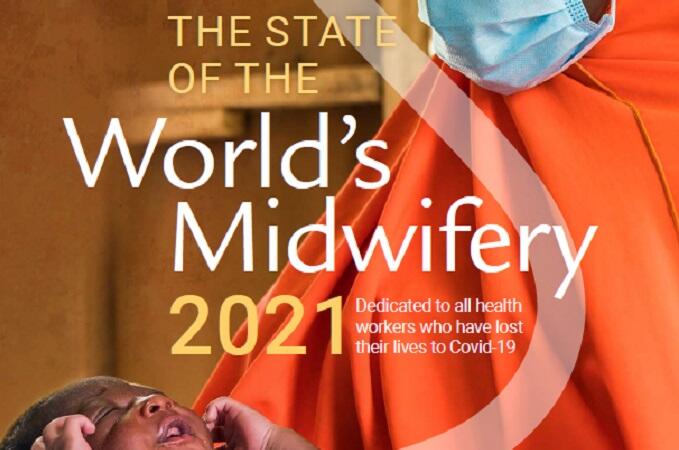Message from Marielle Sander, Representative, UNFPA Papua New Guinea Country Office
The latest edition of the State of the World’s Midwifery report launched today by UNFPA, the World Health Organization and the International Confederation of Midwives affirms that if we increase the number of midwives and the quality of care they provide, we will save an estimated 4.3 million lives a year by 2035. Universal coverage of midwife-delivered interventions by 2035 would avert 67 per cent of maternal deaths. Yet in PNG only 800 nurse-midwives are left to deliver on these high expectations, even as the population is growing, and fertility remains high at 4.2. Unless a serious investment is made in rebuilding country’s health workforce – particularly in reproductive health, the crisis will only escalate, and more women will lose their lives. The investment case is clear: Governments that invest in midwifery invest in the healthy life outcomes of their citizens.
Midwives have knowledge and skills far beyond offering support to women in labour and are an essential element of Universal Health Coverage. Midwives prepare women and girls, both emotionally and mentally, to manage their reproductive lives from pre-adolescence through womanhood. Pre- and post-natal classes conducted by professional midwives offer opportunities for pregnant women to examine existing – and often negative – norms around gender and child-rearing. They impart parenting techniques that help prime young children for learning and critical thinking.
The International Confederation of Midwives (ICM) standard includes training on gender equality and couples counselling, and the response to sexual and gender-based violence, including victim referral. Additionally, the standard covers reproductive health for adolescents, including counselling on contraception, as well as the importance of nurturing self-esteem in mothers, counselling on infertility treatments, and providing support throughout the reproductive life.
Information provided by midwives can help reduce malnutrition and suggest alternative sources for critical minerals and vitamins. They treat the most common causes of maternal death by providing low-dose aspirin to prevent pre-eclampsia and calcium supplementation to prevent hypertension. In some crisis countries, midwives are also trained to provide sexual and reproductive health services as part of the humanitarian response.
Today let us celebrate our midwives by acknowledging their contribution to our collective wellbeing. Furthermore, their courage as they put service to others above their own safety amidst the COVID crisis deserves our highest respect and gratitude.
Happy International Day of the Midwife! Thank you for everything you do.




